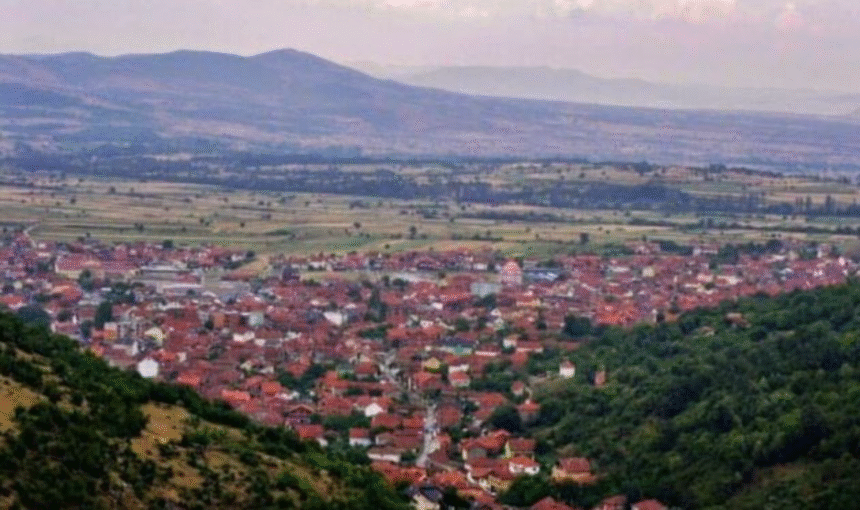The reintroduction of compulsory military service in Serbia has raised serious concerns among Albanians in the Presheva Valley, with analysts and former military officials warning that such moves represent not only provocation but also pressure aimed at forcing Albanians to abandon their homeland.
In an interview former officer Hysen Gecaj said these developments are more than symbolic:
“All security-related actions in Serbia, which strengthen its military capacities, send clear messages not only to Albanians in Presheva, Bujanovc, Medvegja, and other Albanian-populated areas, but also pose a threat to regional stability. NATO, present in Kosovo and monitoring the region, is also concerned and carefully observing Serbia’s military behavior. The citizens of the Valley are rightly worried since these measures are targeted against their very existence, alongside previous administrative actions designed to make life unbearable and push them away from their lands,” he emphasized.
Meanwhile, security expert Armend Halimi described Serbia’s militarization as a tool of intimidation and exclusion:
“This is not just about military buildup; it is part of a systematic effort to distance Albanians from state institutions and exclude them completely. It resembles a form of ‘formal ethnic cleansing,’ similar to the manipulations with residential addresses that invalidated Albanians’ legal status. Such moves are politically motivated and designed to marginalize Albanians in every possible way,” he warned.
The issue was also raised in the Serbian Parliament by Albanian MP Shaip Kamberi, who recalled the painful legacy of discrimination and tragedies suffered by young Albanians drafted into the former Yugoslav People’s Army (JNA).
“Final preparations are being made for introducing compulsory military service in Serbia. This initiative deeply alarms Albanians in the Presheva Valley due to the historical experiences of discrimination and the tragic deaths of young Albanian soldiers during the 1980s in the JNA. In parliament, I submitted a proposal to establish a special commission to investigate the cases of 135 Albanian soldiers who died during their service,” Kamberi stated.
Many of these deaths, officially recorded as “suicides,” “accidents,” or “disciplinary breaches,” were considered suspicious by families, who often reported signs of violence on the returned bodies.







